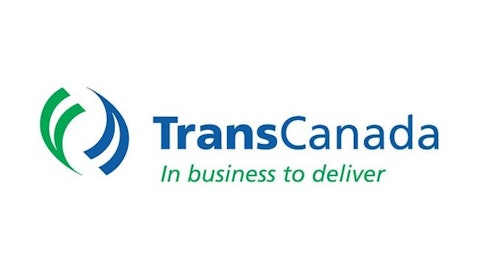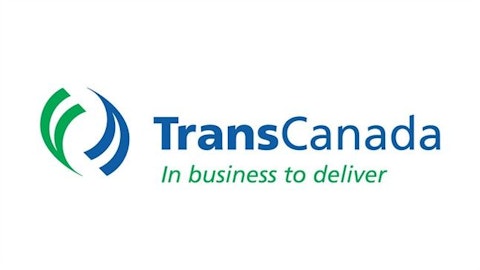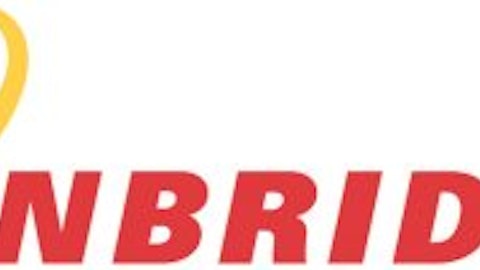The debate surrounding TransCanada Corporation (USA) (NYSE:TRP)’s Keystone XL pipeline has been one of the fact-free varieties. Both sides – industry representatives and environmentalists – stretch the truth a little to justify their case. Let’s address two of the biggest myths surrounding the project and what they mean for investors.
Myth #1: Keystone will cut the price of gas at the pump
This is a common claim made by supporters of the project. Logically, more crude oil flowing in from Canada will suppress oil resulting in lower prices at the pump. Perplexingly, environmentalist and consumer watchdog groups have argued just the opposite. They claim Keystone will actually raise crude prices, resulting in higher gasoline prices for consumers. Which group is right? Neither – Keystone will have no impact on the price you pay for gasoline.

So how will this impact the price you pay at the pump? The bottom line is that it won’t. Gasoline trades on an international market. Excluding taxes and transportation costs, the price of gas is essentially the same everywhere. So if gasoline prices were to fall in the United States, refineries would simply opt to ship more of their product internationally until prices even out.
In fact, we have real world evidence to back up this prediction. In 2011, crude oil prices in the Midwest fell well below the U.S. average – due to the infrastructure issues mentioned above – yet consumers paid roughly the same price for gas as the rest of us. As this supply glut has cleared and crude prices rise, the cost of gas in the Midwest has remained in line with the national average.
The environmentalist are somewhat right. Keystone will raise crude oil prices in some parts of the U.S., but it won’t impact the price you pay at the pump. For investors, Keystone will mean Midwest energy producers – like Continental Resources, Inc. (NYSE:CLR) or EOG Resources Inc (NYSE:EOG) – will receive a higher price for their product but only at the expense of refineries like Marathon Petroleum Corp (NYSE:MPC).
Myth #2: Keystone is make-or-break for the oil sands
Because of the media attention Keystone has received, observers may mistakenly think the project’s approval is make-or-break for the oil sands. If the pipeline is rejected by the U.S. State Department, Alberta crude won’t be able to reach the market, and it’s game over for the industry’s development. But Keystone is only one of many proposals that will help oil sand bitumen reach consumers.
Just last week, TransCanada Corporation (USA) (NYSE:TRP) gave the go-ahead on its Energy East project. Once completed in 2015, the pipeline will ship 1.1 million barrels per day of Alberta crude to refineries in Quebec and New Brunswick. This project single-handedly replaces the Keystone pipeline.
Enbridge Inc (USA) (NYSE:ENB) and its American subsidiary Enbridge Energy Partners, L.P. (NYSE:EEP) have been silently adding capacity. The company has a series of initiatives to add accommodation including reversing its Line 9 route, de-bottlenecking shipping routes in Chicago, as well as reversing the Seaway and Spearhead pipelines. These combined initiatives are projected to increase capacity by 1.7 million barrel per day by 2017. That’s the equivalent of two Keystone XL pipelines.
Kinder Morgan Energy Partners LP (NYSE:KMP) Trans Mountain Expansion project looks like it’s back on the table. Last week, the provincial premiers of Alberta and British Columbia promised to renew their efforts to expand the country’s oil and gas exports. It’s a huge step forward for the two provinces that are attempting to resolve their differences over bitumen pipelines to the nation’s West coast. This positive rhetoric increases the possibility that the pipeline will be approved. If completed, the Trans Mountain Expansion would add an additional 300,000 barrels per day of shipping capacity.





